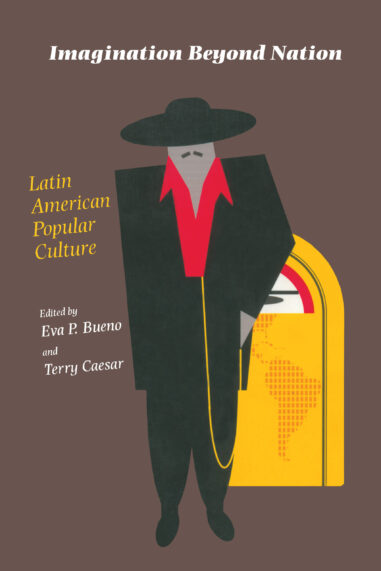
Paperback $60.00
Request Exam or Desk Copy. Request Review Copy
Imagination Beyond Nation
Latin American Popular Culture
It is inordinately refreshing to read these essays. They are original and provocative.... Perhaps the singlemost original contribution is the essays' relationship to questions of nationness. In a field that is often absurdly tied to the idea and preservation of some kind of threatened or precarious national essence perceived as embodied in various objects and popular culture practices, these essays expand and problematize the idea of nationness while sustaining its possibility.

